Information and Behaviour Change, Zweiter Teil
Guten morgen from a sunny and busy Stadtplatz (town square) in the small town of Baden in Lower Austria (south east of Vienna). Why I am here is irrelevant to this article, but I feel, based on some of the feedback to part one, that this is a nice safe distance to write from.
Ironically, as it turns out, a piece on information, behaviour change, and keeping everything in CONTEXT, saw a few people get their panties bunched, as they took a line out of context.
Trigger warning: I don’t think I can continue on with part two without addressing that feedback. Especially as said feedback necessitated Oska to edit the post purely to placate people and allow him to get on with more important things.
So here was the offending statement from the previous post:
For example, if it is socially normal for runners to do crazy volumes of training, at intensities well above what they should, while following certain diet trends within this social group [*cough* veganism *cough*], then my nicely referenced information post will have limited impact.
I can’t help but wonder what the feedback might have been had I used the following example instead?
For example, if it is socially normal for CrossFitters to do crazy volumes of training, at intensities well above what they should, while following certain diet trends within this social group [*cough* keto *cough*], then my nicely referenced information post will have limited impact.
That the use of the term ‘veganism’, in the context of everything else written, triggered some people, is disappointing. I expect that this opening gambit will itself be triggering, for the same reason - an inability, when emotionally entrenched in a topic (see point 1 in the previous article), to see the totality of the picture.
In this instance, those who are motivated to follow a vegan diet to stay true to their person values and beliefs around what is best for them and the planet can’t see that there will be those who undertake a vegan diet as yet another in a long line of dietary trends which come and go, doing so because someone in their sphere of social influence also did so, probably to lose weight.
I can say this with great confidence because myself and my professional colleagues deal with so many such individuals, following any number of popular dietary trends, veganism included, and who, when given advice on how to improve such diets (more often than not by increasing the energy density of their food choices, or how to improve their protein intake), freak out and fight against such advice. And they do so because their primary reason for undertaking such diets is that it is a socially acceptable form of energy restriction.
If people truly believe that there aren’t people and groups out there running more than they should, at intensities higher than they should, whilst using diets such as veganism or keto to justify eating far less than they should, then I’m sorry to say, such beliefs are a fantasy and not grounded in reality.
Moving on…
Skills
Before the above little excursion, and following on from the intent of my introduction in part one, I want to tackle what I believe to be the real crux of helping people improve their habits and behaviours - skills.
Now it might sound patently obvious when written out - that running is a skill, for example.
But yet, both Oska and myself, from our individual professional perspectives, will attest to the fact that many people hold an expectation that simply lacing on a pair of running shoes will allow them to run, and such people are frustrated and disappointed when their experience doesn’t match such expectations.
Running is an incredibly complex motor (movement) skill. Heck, walking is complex enough, and many people struggle to do this well even before they amplify all the forces and stresses on the body through attempting to glide through the air at pace.
We can marvel at Oska and how smooth and effortless he makes running look (though he will be the first to point out the flaws in his own technique and skill), but this ‘effortlessness’ is the outcome of a whole lot of effort in terms of the practices and actions Oska takes to master this skill.
Repeatability and Durability
To illustrate the point further, let’s be somewhat simplistic and break the act of running well down into two broad categories:
-
Repeatability - In this context, being able to execute good running technique minute after minute (within a session) and day after day (across sessions). If you can’t run well for 5 minutes, then you shouldn’t expect to run well for 50 minutes, or 5 hours.
- Durability - Again, in this context, this means being able to repeat the act of running well without breaking down in the process. Breaking down could be metabolic - being unable to sustain the effort due to a lack of fitness and/or fuel, or it could be structural, with your tissues (muscles, tendons, ligaments, bones) unable to cope with and adapt to the loading, creating pain (or worse, injury) and forcing you to stop.
Under each of these broad categories, there are multiple skills to develop. There might be specific running drills to undertake, either as isolated components, or something a bit more integrates, such as stride-type drills. You might need to develop strength in a certain area, or mobility, with each component there requiring its own skillset.
To be able to do everything consistently, week in, week out, you might need to develop good time management skills, otherwise the training just won’t happen.
Then all of this effort requires energy and fuelling. Nothing will kill your repeatability and durability quicker than a lack of fuel and the ensuing fatigue that goes with this.
Sidebar: It is a lack of energy which typically brings people of many different dietary stripes to seek my help and input. It is when my advice becomes “you need to eat more” butts up against an individuals desire to restrict their food intake (typically for some form of disordered eating) that things get… ‘interesting’.
Practices
For each of the broad skills outlined here, there will be daily, weekly, and monthly practices. We can think of practices as the more habitual process side of building skills.
For seasoned highly-skilled running veterans, these skills and their practices are often taken for granted - they are just what happens when you have been doing something for years, have figured out, through trial and error what works and what doesn’t, and you have structured your life around your passion.
For Oska, these practices are largely in the same category as brushing his teeth* - just a part of his routine and with a relatively low cognitive burden. Sure, he is (mostly) only human, and as such, there will be days where he will have a bad case of CBF (Google is your friend here for understanding TLA’s), but, again, like brushing his teeth, he just gets the practice done.
*If having good dental health is the skill, then brushing your teeth, twice a day, every day, is the practice.
But for me, as a non-runner, to become a good runner I would need to understand what these skills are, the practices they require, and what actions I need to take, in some sort of strategic and sequential manner. It quickly all feels a bit overwhelming, especially when all I want to do is run.
But if I don’t respect the skills and undertake the regular practices such an activity requires in order to do it well, I can’t hold any expectation that I will be able to do it, repeatedly, and without breaking down in the process.
Actions
Let’s do a small thought experiment.
If the goal is to master the skill of good dental health, and this is achieved through the practice of habitually brushing your teeth twice per day every day, how would we teach someone who doesn’t have this skill or its practices as part of their habitual routines?
You would take the practice (brushing teeth) and break that down into specific actions, e.g. after your breakfast and dinner meal, you would go to the bathroom, place a pea-sized amount of toothpaste on your toothbrush, and brush each quadrant of your teeth in the correct pattern, for 30-seconds each quadrant.
You can see how specific the actions are, in terms of their time, place, and how you go about them.
You might get the person for whom you are helping develop this practice to commit to and undertake the action(s) for, say, 2-4 weeks, using various tools (such as tracking) to ingrain them and to facilitate them becoming habitual practices.
Information Doesn’t Brush Your Teeth
At the risk of sounding like an Oral-B commercial and overstretching the toothbrushing analogy, you can perhaps see that simply giving someone the information about the importance of tooth brushing for good oral hygiene doesn’t necessarily translate into the act of brushing one’s teeth as a habitual skill.
If you are teaching your child about brushing their teeth everyday, you perhaps go through this process without much thought. You teach them the actions, in a relatively specific manner. You get them to repeat these actions, using various means of reinforcement and support, until they become habitual, and you continue to link the importance of this daily practice to the skill being acquired (looking after one’s dental health) and the ultimate outcome (shiny white teeth with minimal cavities).
What you don’t do is simply give the information relating to the outcome and leave it at that.
And Yet…
We all tend to fall into the trap of giving more information believing (hoping) that it will change behaviour. Perhaps we do this because (in part at least) with information about the what and why, nothing has to *actually* change?
I know that when I work with individuals and groups, the what and the why is the fun part. It’s the easy part. It is the part where you take someone through the logic and reasoning and they smile and nod, and you think “Wow, they really got it. Cool, I can’t wait to see their progress.”
The reality is far more frustrating.
There is a big gap between <action which should be taken> for <reason action should be taken> and the actual action being taken. Most coaches do their best to give actionable advice, of course. More often than not, however, the people coming to you for coaching have come to you with an outcome in mind and perhaps have a number of roadblocks before they can really engage with the process.
From Goal to Action
Want to run a marathon (or anything else equally awesome)? Come into the process with the mindset of needing to develop skills rather than just seeking information about the outcome.
Goal achievement only happens — reliably — when you do two things:
- First, you break down your goal into specific skills.
- Second, you build those skills through strategic daily practices.
If you do these two things, you can accomplish your goals more quickly, with less effort, and maintain your results.
Skill Development 101
A skill is an ability to do something that will allow you to achieve the bigger goal.
Remember, information is not a skill. Just because you know some stuff (e.g. say you read running blogs) does not mean you have the skills to achieve an ultra.
Skills take time and practice to develop. That’s why we break down skills into practices: manageable activities you can work on to build competence.
Practice Makes Progress
A practice is a daily behaviour or action that helps with skill development.
Most coaches would suggest devoting at least two weeks to any given *single* practice — that’s the time required to get comfortable with any practice.
But as the word implies, practices require just that… practice.
A good practice should follow the ‘Five S formula’. Each practice should be:
- Simple - non-intimidating and easily done in the context of your real life.
- Segmental - part of a larger process that works together with other manageable steps.
- Sequential - introduced at the right time, in the right order.
- Strategic - addresses the biggest thing that’s preventing your progress right now.
- Supported - accompanied by support, mentorship, and accountability.
When you unpack the 5S formula above, you can quickly see where people begin to make mistakes and get lost. They might bite off more than they can chew, choosing practices which they see someone else do, but which are too hard for them right now.
They might undertake a series of random things unrelated to each other.
They might undertake the correct practices, just in the wrong sequence.
They might ignore the biggest barriers in front of them right now.
And they might fail to get help and support (there’s no shortage of this available in The Frontrunner Colombo community, but even such support can’t offset the other 4 S’s).
How to Build Your Skill & Practice Plan
Step 1: Pick a goal — any goal — that you want to work on. Using the flowchart above as a guide, write your goal at the top of the page in the “goal” box.
Step 2: Now brainstorm what skills may be needed to achieve your goal. Tip: If you don’t know what skills your goal requires, this is where you can ask for help from the team in the shop. Your skills list doesn’t need to be perfect— just get your brain working. Write your ideas in the “skills” boxes.
Step 3: Think up some practices that may help you build those skills. Again, you might need some help and perfection is not required. Write your ideas in the “practices” boxes.
Step 4: Once your worksheet is complete, review the plan. Do you have the expertise to know whether it’s right for you? If so, consider the right time to get started. If not, is there someone who can help review the plan and help you revise it?
Step 5: When you’re confident with the plan, consider what you’ll do for support and accountability. Who will you check in with? How frequently? What can they help with?
Step 6: Get started. Begin with your first 2-week practice and continue your curriculum of practices from left to right on your worksheet.
Why Can’t I Do it All at Once?
Don’t try to race to the finish line too fast! Practices take time to develop. By devoting two weeks to each practice you’ll gain competency and get to ‘level up’ consistently.
By pacing yourself, skill development will become a lot easier and faster than you think!
If you get stuck at any time, find help. Don’t try to go it alone. There’s someone out there that can help you overcome obstacles or re-route your plan.
And remember: This process works for any goal, be it running, getting stronger, nutrition, improving relationships - anything.
Jamie Scott



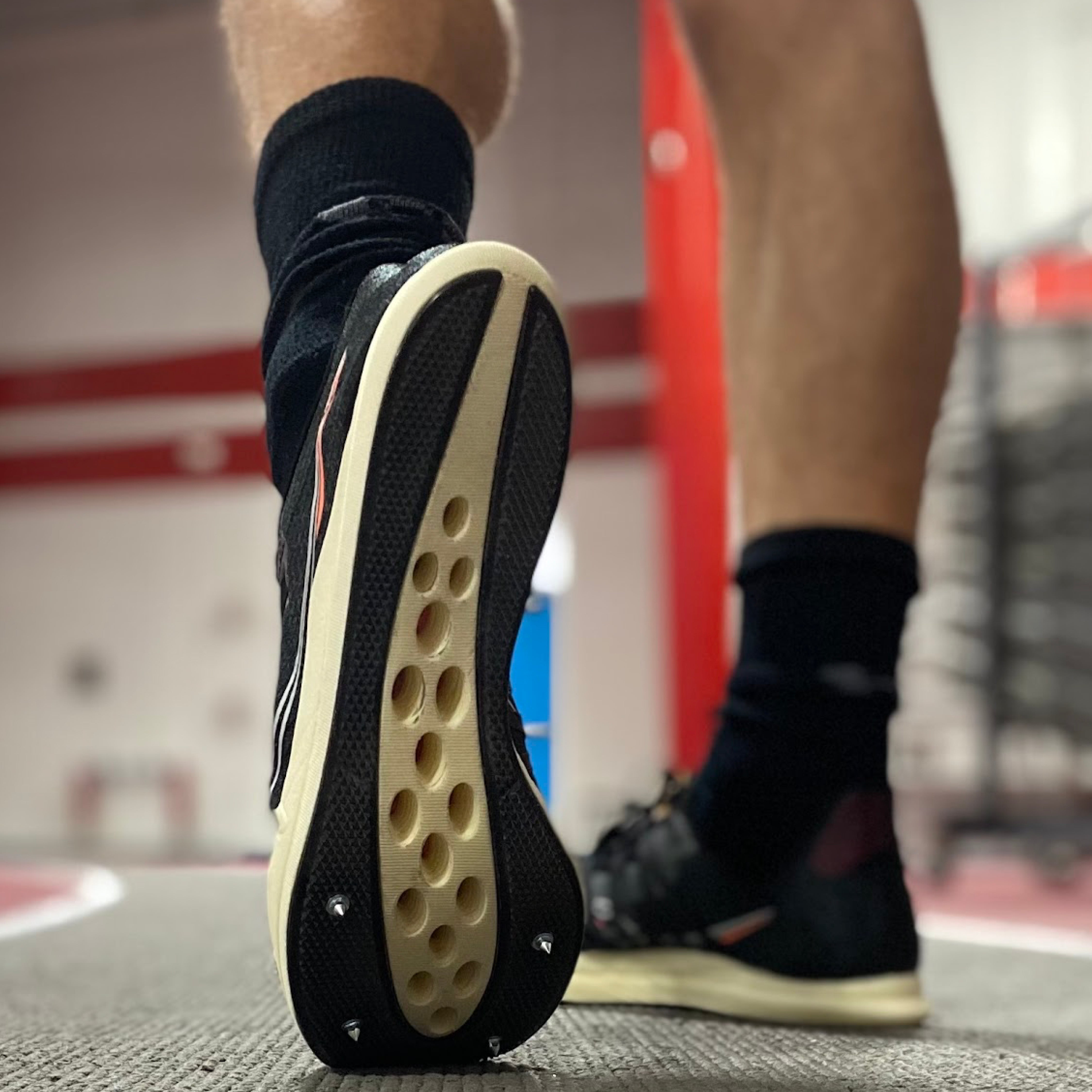







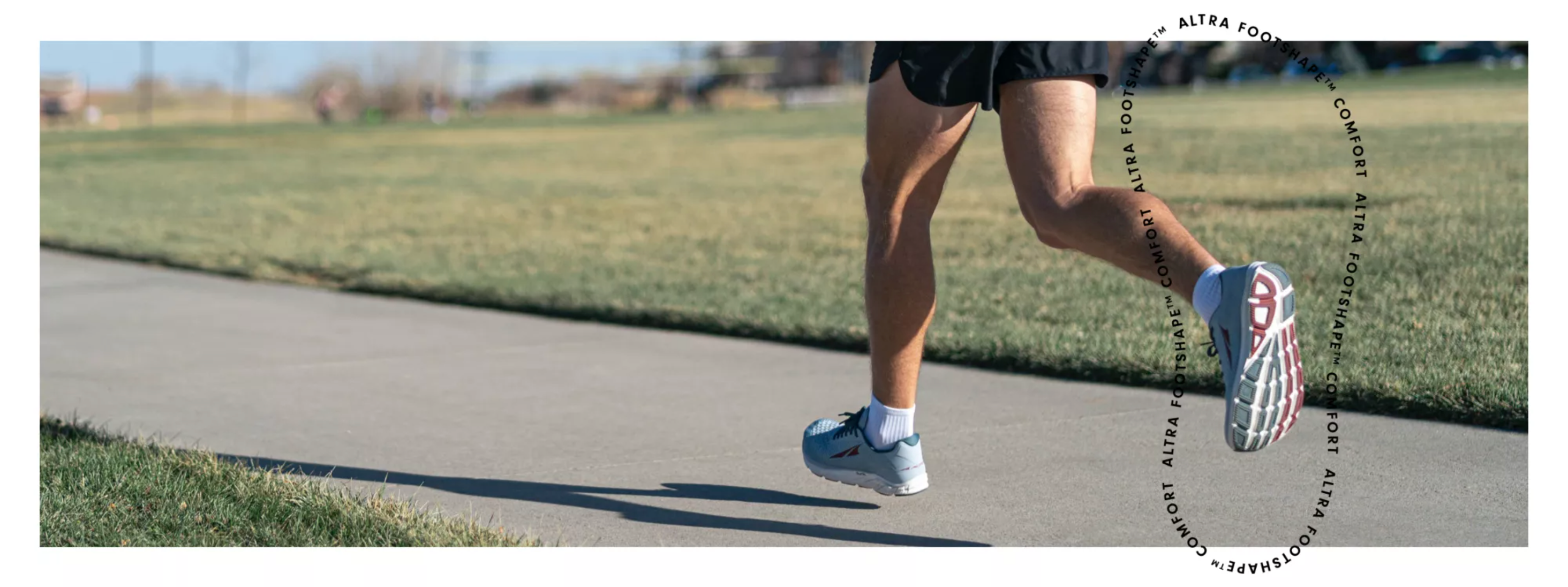

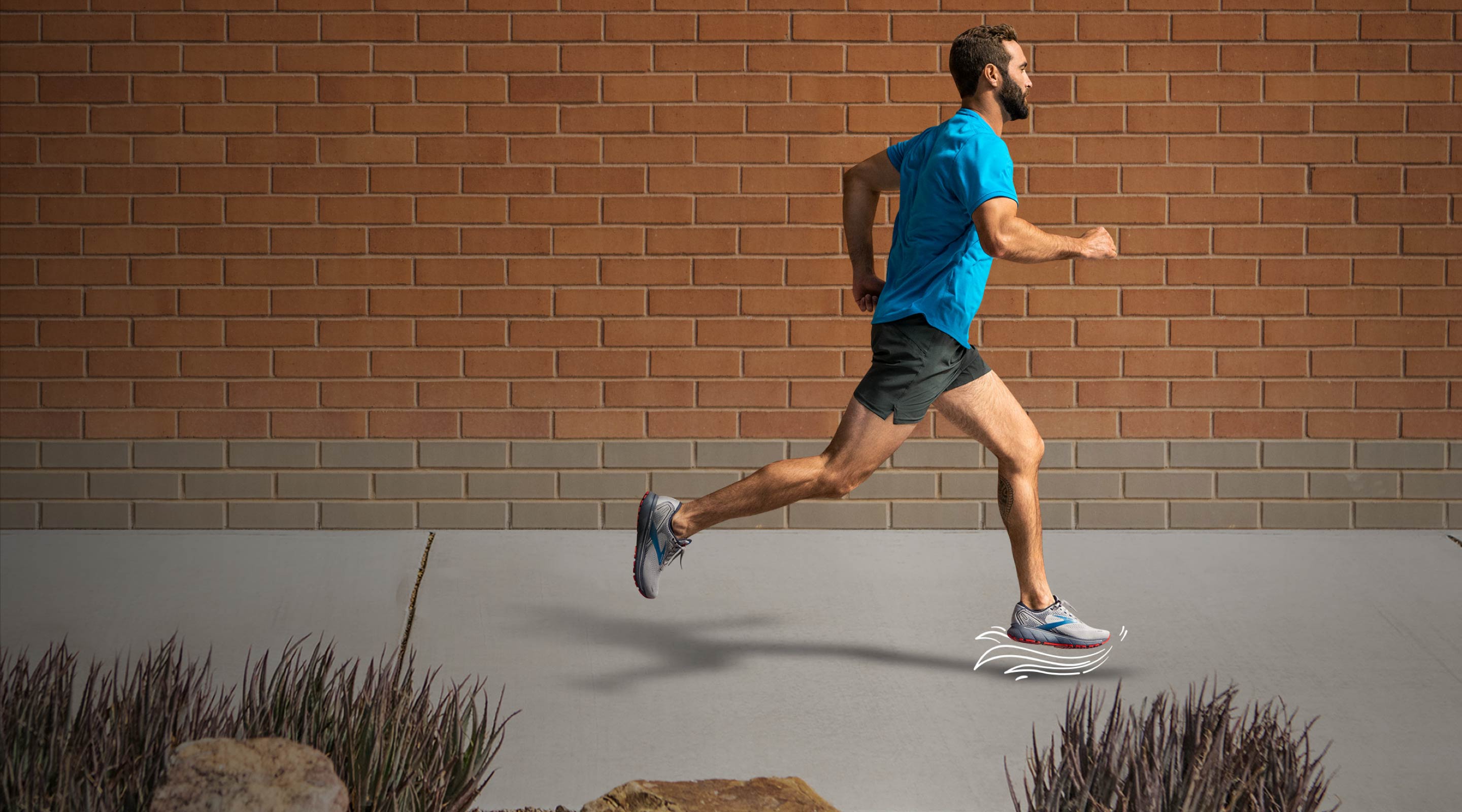















































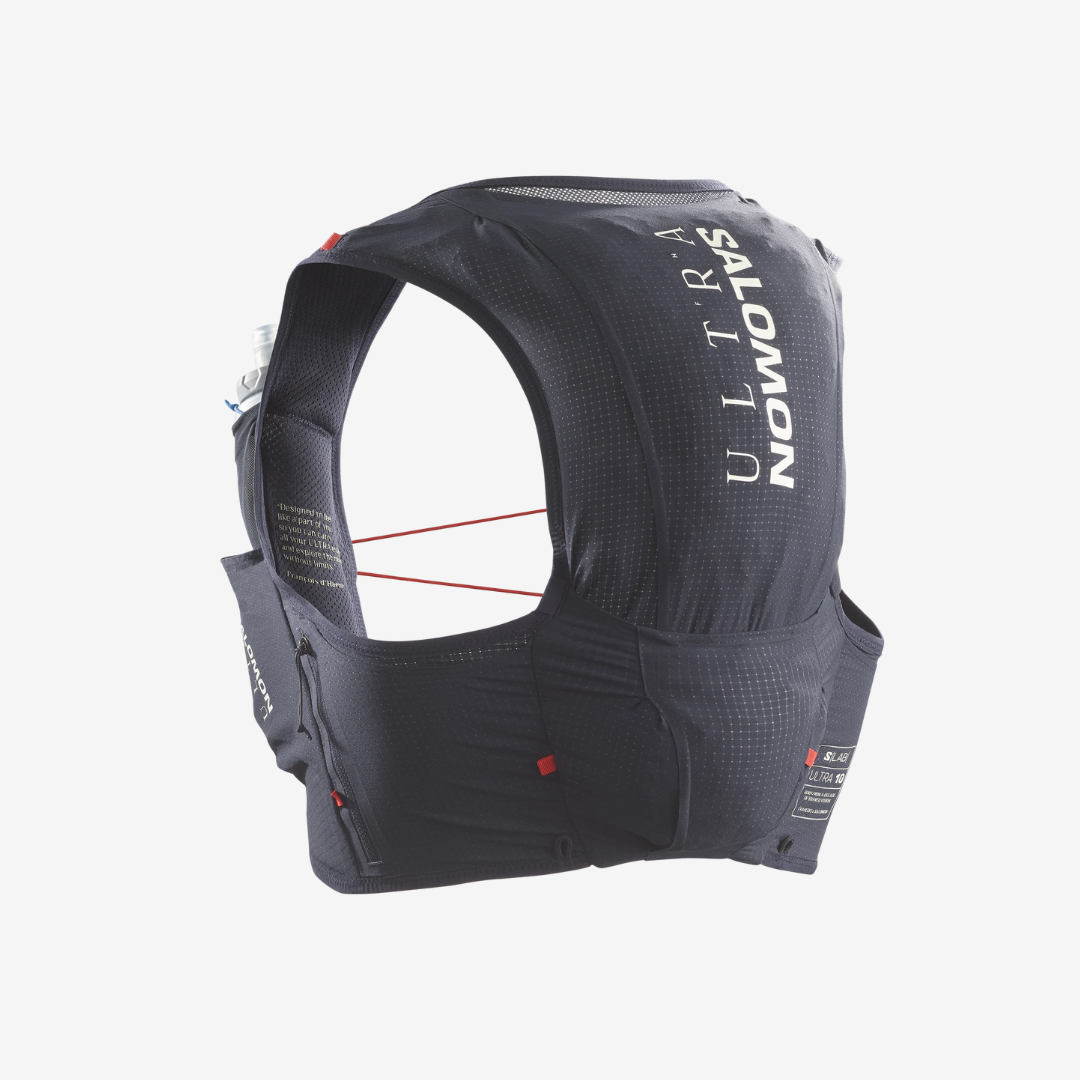









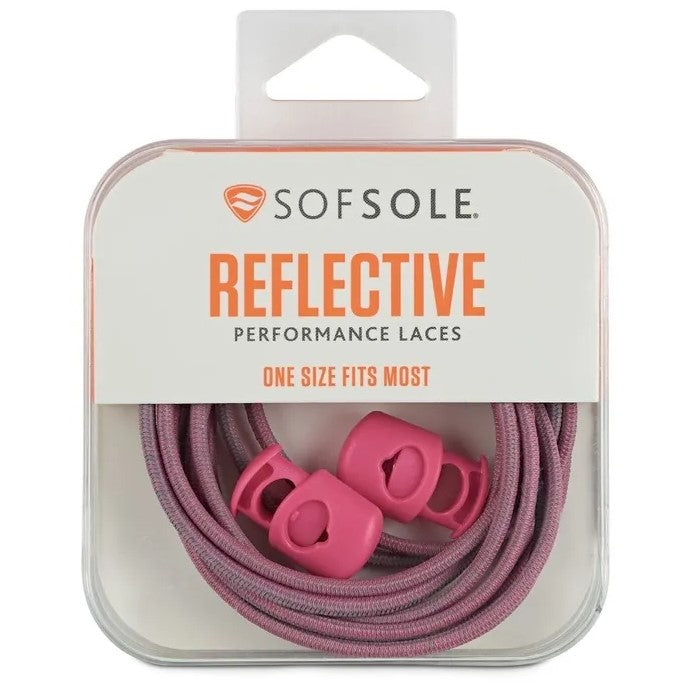




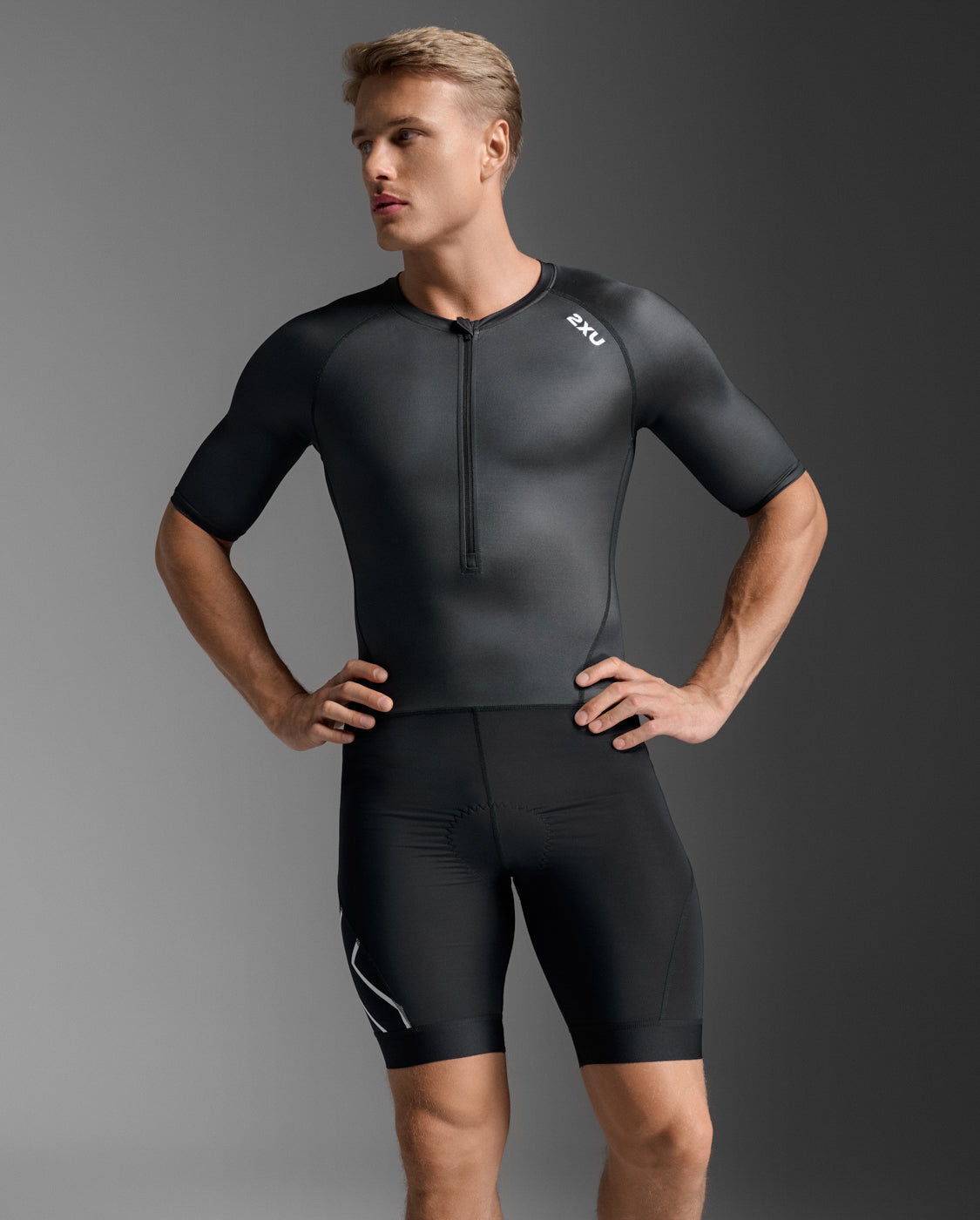










10 comments
Following up on your enquiry. I had trouble calling you…
Hi, thanks for expressing interest in our service.
A reminder that we provide Hong Kong Paypal Solution For Unlimited Scaling + Paypal Dedicated Insider/Rep. On top of that we also work with Paypal Insiders to help with Paypal Unbans + Removal of Limitations + Holds.
We assist clients in opening up Hong Kong companies and getting strong whitelisted PayPal to scale their ecommerce store. We will help you set up a HK corporation and introduce you to one of my PayPal insiders/reps. Our insider will help underwrite your HK PayPal and have the limit raised to scale without holds.
WHAT DOES THIS SERVICE INCLUDE?
- Guided steps on opening a Cheap TAX HEAVEN HK Corporation
- Getting Strong Whitelisted PayPal’s
- Dedicated PayPal Insider/Rep (Account Manager)
- Open unlimited PayPal’s with Strong Initial Limits (e.g. My PayPal started off with 300k monthly volume before it went into rolling balance/resets each month)
- Advice on Virtual Banking & Where to handle funds.
- Increase Cash Flow For Scaling
- Drop-Shipping Friendly PayPal’s
- Boost CVR By 1-3%
-Unbans of old Paypals + Limitation Removals
Our Paypal Representative will be in charge of handling your accounts and helping you if have any payment holds/issues. Having a personal PayPal rep is key to scaling
Let me know if you are interested, and I’ll be able to get you live with the new Strong PayPal within 2-5 days.
You can contact me here to continue our free consultation,
>Linktr.ee/zefiagency _us<
Warm regards,
ZEFI AGENCY CEO (JAMES L)i
Hey there!
Guess what? I’ve got an exciting opportunity for you that you don’t want to miss!
I’m Elba, the affiliate manager for some seriously cool brands. Right now, I’m teaming up with Peaches and Screams, the ultimate online destination for lingerie and sex toys. Yep, you heard that right!
I’ve taken a good look at frontrunnercolombo.co.nz and let me tell you, your audience is a perfect match for Peaches and Screams. Just imagine the possibilities! One of your competitors is already raking in a monthly affiliate income of over $10,000. Can you imagine what that could mean for you?
So here’s the deal: I want to invite you to join our exclusive affiliate program. It’s super simple. You promote Peaches and Screams on your site and social media channels using a unique link we’ll provide you. Whenever someone makes a purchase through that link, you earn a commission. And the best part? You keep earning from that customer for life!
Now, here’s a mind-blowing stat: 8 out of 10 adults have used or currently use sex toys. And 5 out of 10 adults are totally open about their sex lives. That’s a massive target audience right there, and it means one thing—big bucks for you!
But here’s the catch: Our affiliate program is by invitation only. And guess what? I’ve already pre-approved frontrunnercolombo.co.nz for it. You’re in!
Ready to dive in and learn more? Just head over to our affiliate program page at https://peachesandscreams.co.uk/pages/lingerie-and-sex-toy-affiliate-program to get all the juicy details and sign up.
But here’s the kicker: We’re closing our doors to new applicants real soon. We want to focus on giving our affiliates the best support and attention they deserve. So don’t wait too long or you’ll miss out on this incredible opportunity!
I can’t wait to welcome you to the team and watch those commissions roll in. Let’s make some serious money together!
Excitedly yours,
Elba Keaton
Hey,
I’m Dany from UAWC Agency. We specialize in optimizing email marketing for e-commerce businesses, ensuring they maximize the potential of their campaigns. One of the tools we highly recommend and utilize is Klaviyo, a leading platform in the email marketing space.
Email marketing, especially with platforms like Klaviyo, can be a goldmine when executed correctly. One of our clients, after a few strategic tweaks, noticed not only better engagement but also enhanced customer retention. We’re not talking about sky-high figures, but real, tangible results.
Curious about how your email strategy measures up? Let’s dive into potential areas of improvement tailored specifically for http://frontrunnercolombo.co.nz
You must be busy.. so I promise I won’t waste your time.
Got a few minutes to chat?
You can choose any time that is comfortable for you.
Cheers,
UAWC
https://calendly.com/uawc_agency/audit
To the frontrunnercolombo.co.nz Webmaster.,
Introducing AdCreative.ai – the premier AI-powered advertising platform that’s taking the industry by storm!
As a Global Partner with Google and a Premier Partner, we have exclusive access to the latest tools and insights to help your business succeed. And now, we’re offering new users $500 in free Google Ad Credits to get started with advertising – no upfront costs, no hidden fees.
With AdCreative.ai, you’ll enjoy advanced AI algorithms that optimize your campaigns for maximum impact, as well as seamless integration with Google Ads for unparalleled performance.
Don’t wait – sign up for our free trial today a https://free-trial.adcreative.ai/seo2650 and experience the power of AdCreative.ai for yourself!
Hi frontrunnercolombo.co.nz Owner.,
Introducing AdCreative.ai – the premier AI-powered advertising platform that’s taking the industry by storm!
As a Global Partner with Google and a Premier Partner, we have exclusive access to the latest tools and insights to help your business succeed. And now, we’re offering new users $500 in free Google Ad Credits to get started with advertising – no upfront costs, no hidden fees.
With AdCreative.ai, you’ll enjoy advanced AI algorithms that optimize your campaigns for maximum impact, as well as seamless integration with Google Ads for unparalleled performance.
Don’t wait – sign up for our free trial today a https://free-trial.adcreative.ai/seo2650 and experience the power of AdCreative.ai for yourself!